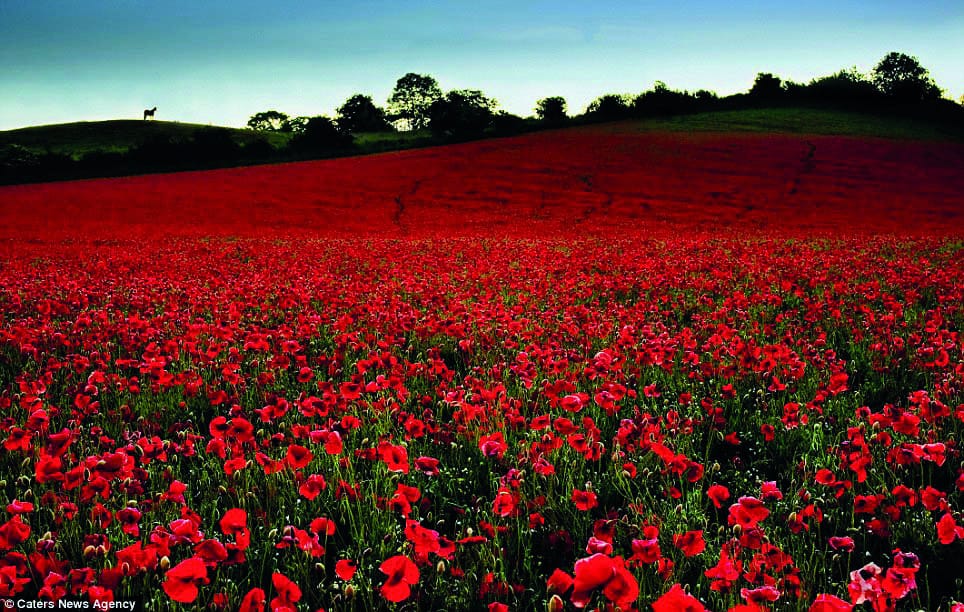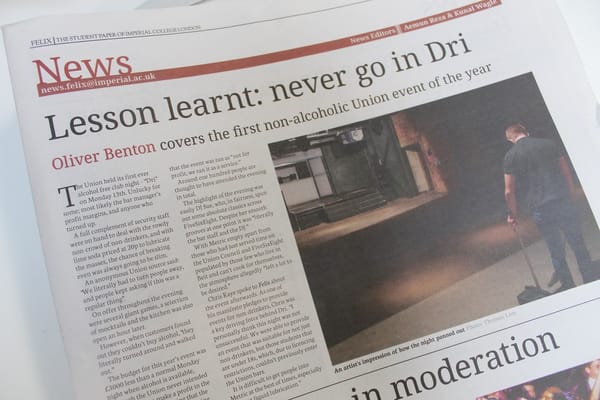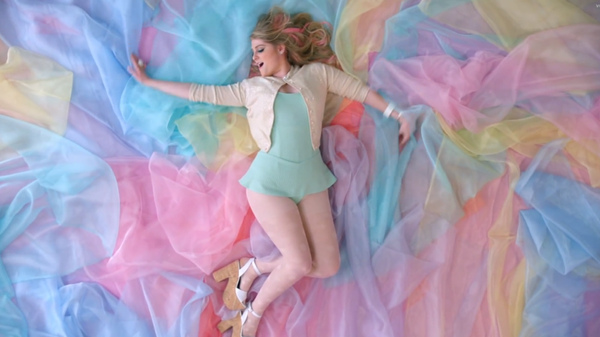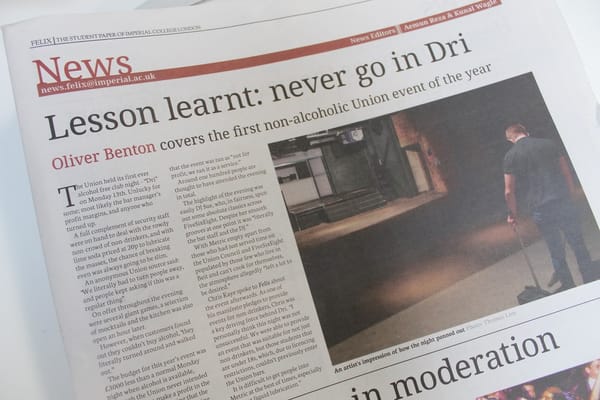Poppies will put them to sleep
Christy Kelly examines whether poppies are an appropriate symbol of remembrance

Recall the scene from the Wizard of Oz where the Wicked Witch of the West hinders the progress of Dorothy and company by sending them to sleep in a field of poppies. Does this not encapsulate a basic – symbolic – truth about these flowers? Pace John McCrae of In Flanders Fields fame, the soporific effect of the plant has been attested to since antiquity and has so associated itself with the drug that it wormed its way into the Latinate nomenclature: Papaver Somniferum. In fact, the remembrance poppies are of a different species to their brethren – source of the opiates – but forgive me if I dismiss this as pedantry (outside the field of botany where it is no doubt important).
For the poppy is today as anodyne as the charities it represents. Who seriously dismisses the heroism of the soldiers butchered in the great European slaughter of a century ago? Who can deny the living ex-servicemen and women their right to support? Who, in a word, would refuse to buy a poppy?
And yet. When I say charity is anodyne, I mean just that: an analgesic applied to the wounds and sores of the civic body allowing the state behemoth to lumber onwards. Arguments about the evacuation of (moral) responsibility which charity allows the state, or the general deficiencies of social palliatives are common enough and do not need reiterating here; I simply mention them to indicate my broad sympathy with these positions. Nor do I want to dwell too long on Alan Bennett’s pithy remark about the cenotaphs and the respectful silences, those great mute obelisks of reified grief: their true message is not lest we forget, but lest we remember. A minute of respect is easy enough, and in return we are relieved for a year of – in the words of Karl Marx – “the traditions of past generations [which] weigh like a nightmare on the minds of the living.” Is it not ironic that the poppy serves as the symbol for this collective dulling of our critical consciousness?
Poppies, however, have a more chequered past. Heroin, of course, is still derived from its seeds, but surely the greatest destruction wreaked by the plant. This honour goes to the devastating effects of the Opium Wars. The First Opium War saw the most vulgar expression of British gunboat diplomacy, ‘freely’ allowing the Chinese people to consume this deadly drug.
Incidentally, the Opium War was certainly a necessary condition of the devastating Taiping Rebellion in which some 20 million people died. The destruction caused by the drug itself is incalculable. But fortunately the effects were not wholly negative: India’s trade surpluses were siphoned off by the British through ‘Home Charges’. These surpluses came from first from cotton and second from the opium – a state monopoly – which ended up in China.
How can we reconcile this deadly legacy – and deadly it was – with the poppies’ pacific legacy? I would simply suggest we can’t. WWI was the first great modern conflagration, and as such it was a great leveller: the slaughter was, for the first time, largely classless.
We recognise the genuine trauma that this war caused on our historical consciousness; how could we not? But the poppy is an ambivalent symbol; the hecatombs of the poor of the colonised ‘East’ are left faint behind the iridescence of the poppy’s petals.









